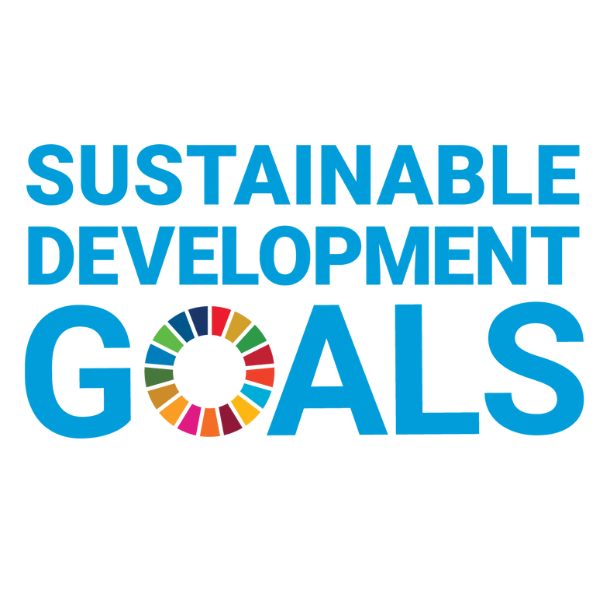Saïd Business School Dean Soumitra Dutta explains the critical connection between innovation and UN SDGs.
We risk failing to meet the United Nations Sustainable Development Goals (UN SDGs) by its target date if we don’t act rapidly and collectively, warns Soumitra Dutta, Dean of Saïd Business School at the University of Oxford.
Addressing a Global Innovation Index (GII) 2022 webinar jointly held by the World Intellectual Organization (WIPO) and the Chinese Academy of Science and Technology for Development (CASTED), Dean Dutta, explained the latest state of innovation space across the world and challenges ahead.
In his speech to the webinar, organised on the occasion of the launch of the GII in China, Dean Dutta, the GII founder and co-editor of the 2022 edition, warned of the challenges ahead, saying that the world may lose the opportunity to achieve the UN SDGs by 2030 if we don’t act swiftly and successfully.
He said: ‘In the GII 2022 report, we have created identification criteria of different clusters of innovation, which are certainly important benchmarks. We see that the number of important innovation clusters is on the rise in several countries. But the major question still remains to be how we can scale up innovation. Because, if we cannot scale up innovation rapidly and successfully, we will not be able to achieve the United Nations Sustainable Development Goals.’
Dean Dutta’s warning follows last month’s COP27 climate change conference and as we approach the halfway mark between the adoption and finish line of the 2030 Agenda for Sustainable Development. The Sustainable Development Goals were adopted in 2015 by the 193 UN member states.
COP15 on biodiversity will also start this week with a focus on agreeing a new set of goals to guide global action through 2030 to halt and reverse nature loss. Nature is critical to reaching the UN SDGs and limiting the global warming to 1.5 degrees, according to the UN Environment Programme (UNEP).
‘The UN SDGs risk being reached by its target date 2030. Even though some solutions do exist in some domains, primarily technology-driven ones, the ability of societies and nations to scale them up and actually execute them remains a question mark,’ said the Dean Dutta.
He also gave an example: ‘In general, the rate of progress in science and technology is speeding up, not slowing down. Improvements in deep science technology and the next phases of the ongoing digital revolution are creating enormous new opportunities for new innovations.
‘However, we are frequently still not able to sufficiently scale up innovations. Look at, for example, the story of Covid vaccines. The Covid threat has thankfully receded in most parts of the world, but the world was never able to move the vaccines successfully to all countries at equal levels despite many global efforts. Many poor countries and emerging markets were left behind in peak phases of the epidemic despite all the efforts being made in other countries.’
However, Dean Dutta has also pointed to some possible solutions: ‘We need a combination of different stakeholders - governments, the private sector, civil society and academia and others coming together to scale up solutions and innovations, if we wish to achieve the UN Sustainable Development Goals by 2030.
‘Many of the solutions to achieving the UN Sustainable Development Goals exist today – our challenge remains in scaling them up in an inclusive and cost-efficient manner across the world.’
